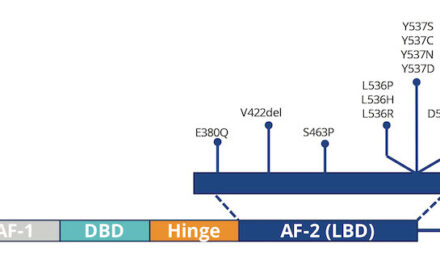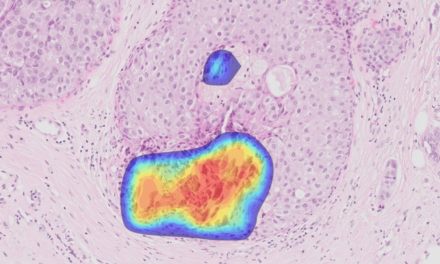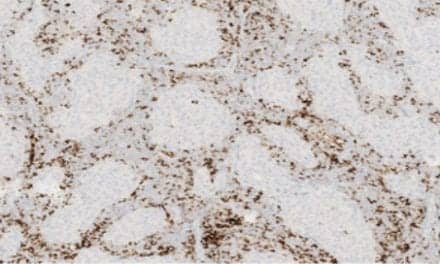In February, the American Society of Breast Surgeons (ASBrS) issued new guidelines recommending that all people diagnosed with breast cancer undergo genetic testing with a multigene panel.
The new ASBrS guidelines are based on research recently published by the Targeted Medical Education (TME) Breast Care Network.1 The TME study evaluated the capability of guidelines from the National Comprehensive Cancer Network (NCCN) to identify patients with breast cancer and pathogenic variants through the use of expanded panel testing. Results of the study demonstrated that patients who met existing NCCN clinical testing criteria had similar rates of pathogenic/likely pathogenic hereditary mutations in breast cancer genes (9%) as patients who did not meet NCCN criteria (8%). The researchers conclude:
Our results indicate that nearly half of patients with breast cancer with a pathogenic/likely pathogenic variant with clinically actionable and/or management guidelines in development are missed by current testing guidelines. We recommend that all patients with a diagnosis of breast cancer undergo expanded panel testing.
“We applaud the ASBrS for recognizing important advances in scientific knowledge, and for recommending genetic testing for all people with breast cancer,” said Johnathan Lancaster, MD, PhD, chief medical officer at Myriad Genetics. “The valuable information provided by genetic testing enhances physicians’ ability to select appropriate precision treatments, personalize care for patients and their families, and improve health outcomes.”
“I am excited by our new ASBrS guidelines and look forward to the day when NCCN updates its guidelines also,” said Walton Taylor, MD, president of ASBrS. “The exciting new data demonstrated that about half of patients with breast cancer have clinically actionable mutations that are being missed when genetic testing is restricted to patients meeting current NCCN guidelines.”
In his letter to ASBrS members, Taylor cautioned that “As genetic testing expands, it is important to choose the lab carefully, making sure they provide quality testing with accurate results and appropriate follow-up.”
As luck would have it, NCCN will soon have an opportunity to consider revisions to its guidelines, as the group will hold its annual meeting this month, in Orlando, Fla. It will be interesting to see whether the buzz on new guidelines makes its way from the hallways to the podium.
Reference
- Beitsch PD, Whitworth PW, Hughes K, et al. Underdiagnosis of hereditary breast cancer: are genetic testing guidelines a tool or an obstacle? J Clin Oncol. 2019;37(6):453–460; doi: 10.1200/jco.18.01631.
Steve Halasey
Chief Editor, CLP
[email protected]
(626) 219-0199
Featured image: A 3-D ribbon rendering of the human breast cancer type 2 susceptibility gene (BRCA2) and its protein product. Certain variations of the BRCA2 gene increase risks for breast cancer as part of a hereditary breast-ovarian cancer syndrome. Illustration by Ibreakstock courtesy Dreamstime (ID 84901062).






